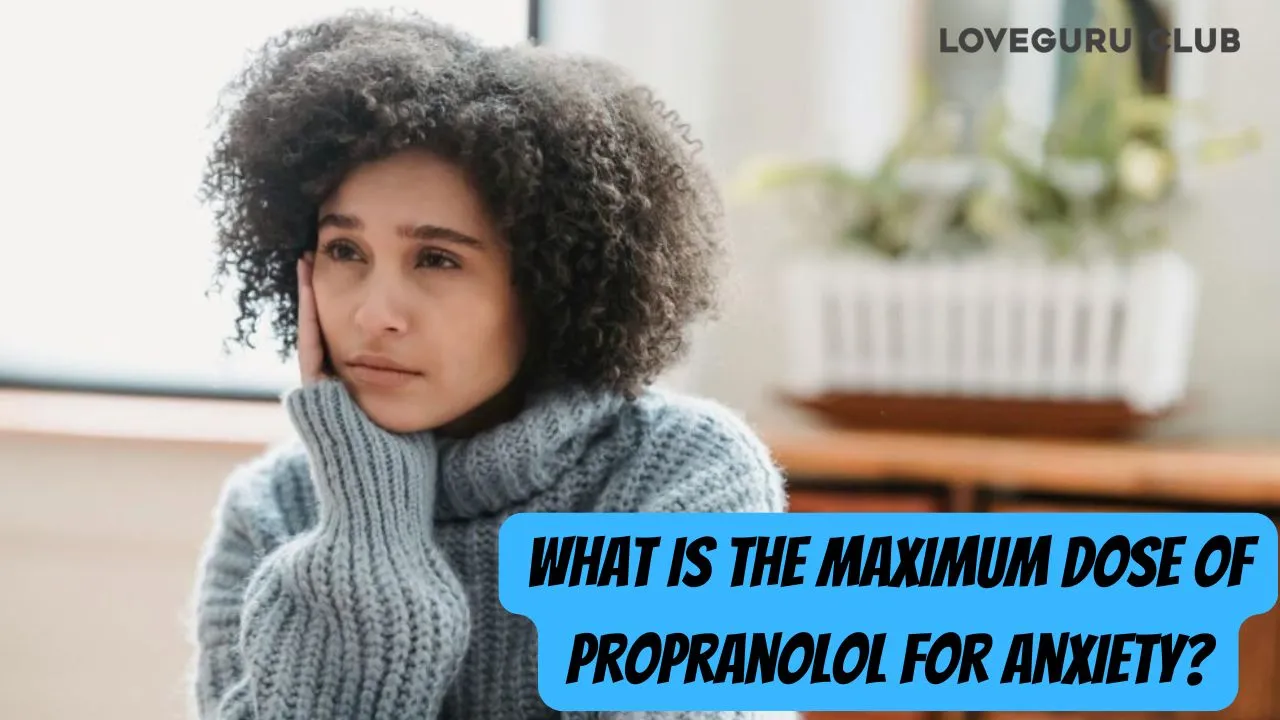Relationships
How to Forgive When You Don't Feel Forgiving

It’s easy to talk about the importance of forgiveness, until the need for it happens to you.
Over the last year, God has taken me on a necessary but uncomfortable journey. Different relationships were strained, ranging from family members to mild acquaintances. The result was a glorious mix of compounded wounds and unanswered questions. While I tried to resolve conflict as much as I could, some rifts were beyond my ability to repair. Slowly I found myself replaying past behaviors and conversations, all in attempts to make sense of things and wrestle my way through pain. But it was a match I couldn’t win. I still felt angry. I still wanted justice. I still hoped for reconciliation, even when the circumstances didn’t point in that direction. Psalm 73:21 says, “I realized my heart was bitter, and I was all torn up inside.” (NLT) My body felt this entirely.
Up until recently, I realized I was still allowing my emotions to sway my behaviors. I relied on my feelings as a quasi-indicator. If I was going to forgive, then these negative feelings had to be gone, and if I was trying to forgive, then these bad feelings showed me I had failed. But God is too kind to leave His children unhealed. And He is too good to let us believe what’s not true.
Photo Credit: © Getty Images/Antonio Guillem





